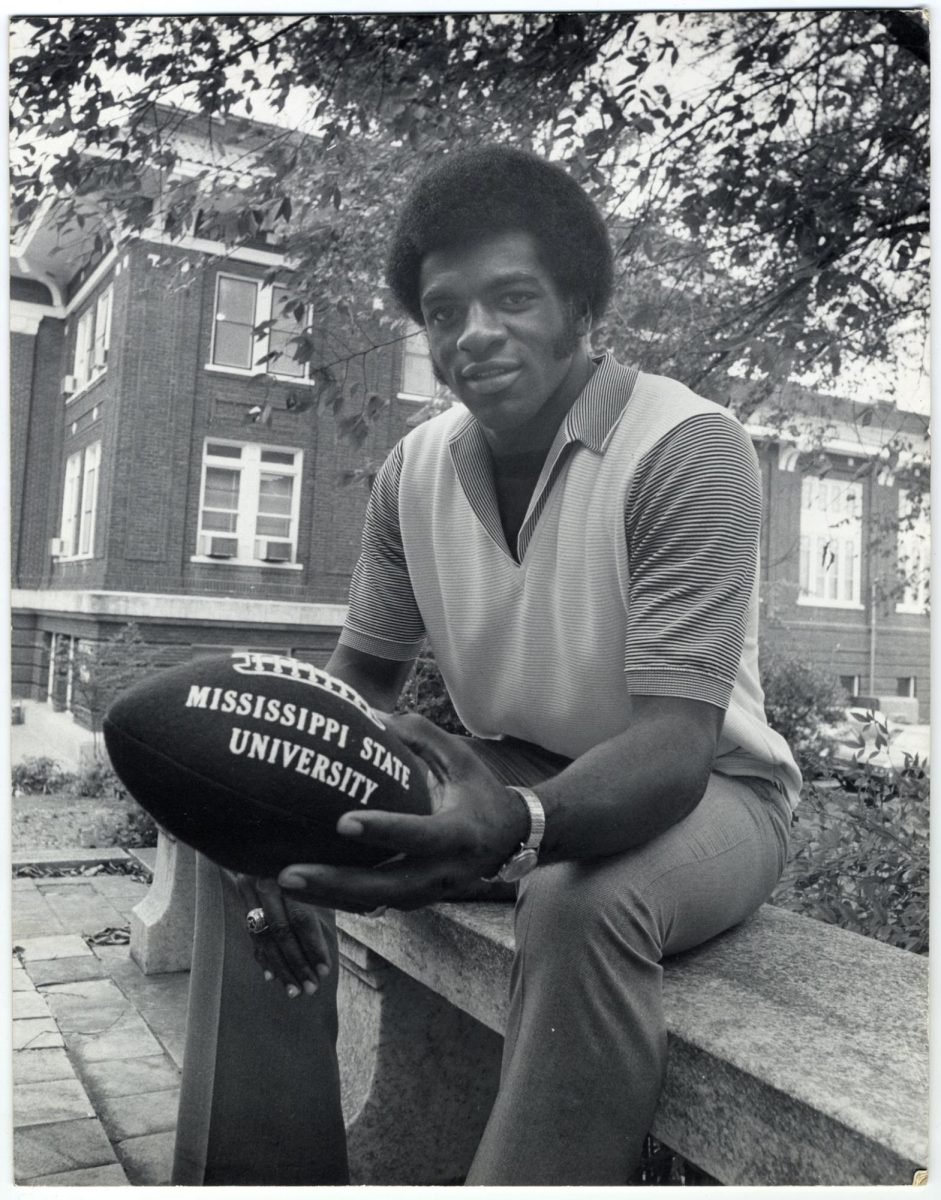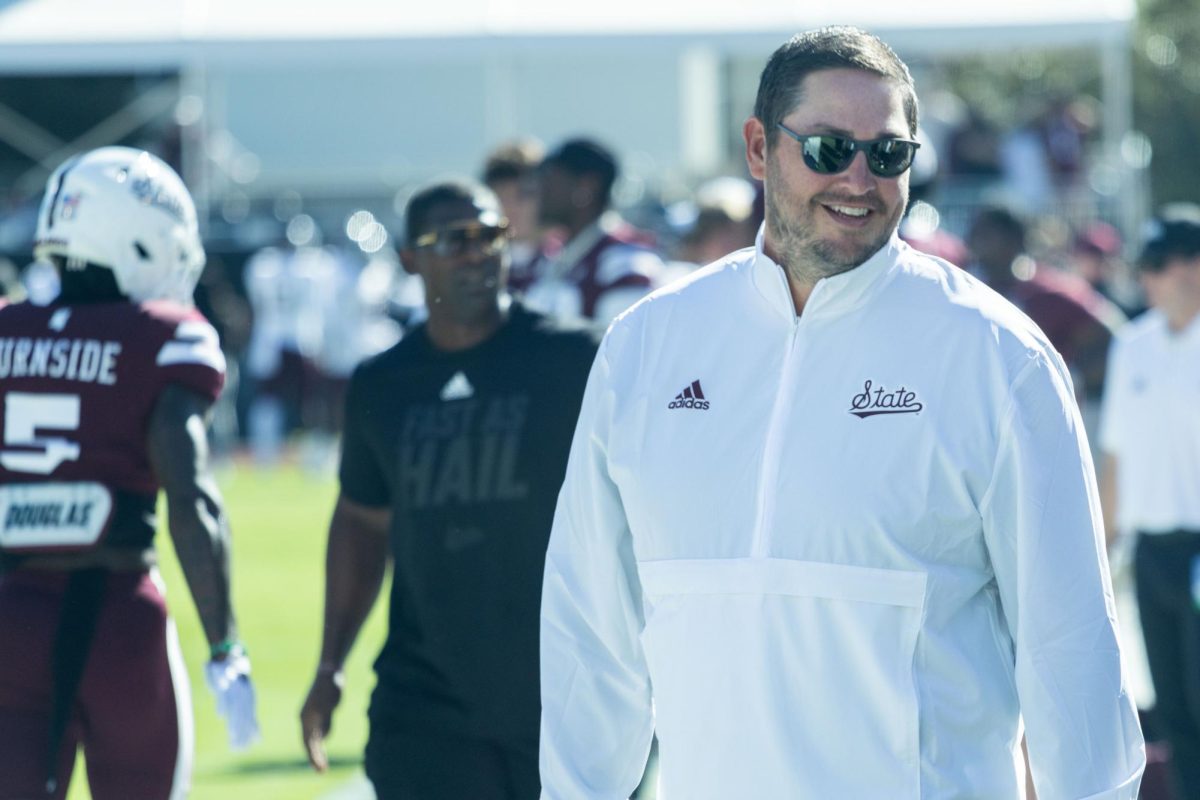“Separate but equal.”
This was the rule established by the United States Supreme Court in 1896, allowing segregation to thrive in the American South for years, affecting water fountains, restaurants and among countless other places, public schools.
By 1967, the Freedom of Choice plan allowed students in Tupelo, Mississippi, a choice of attending either the all-white Tupelo High School or the all-Black Carver High School, located roughly seven miles apart. In the fall of 1967, Frank Dowsing and four other African American students chose to attend Tupelo High School, therefore desegregating the predominantly white high school.
Dowsing, who grew up in the small community of Palmetto just outside of Tupelo, did not exactly have the best start to his high school career. Along with the sense of alienation from the white students that outnumbered him and his fellow African American students, Dowsing also had his jaw wired shut due to a car accident, hindering his speaking ability. Despite the circumstances, Dowsing was able to win over most of his classmates with his kindness and thoughtfulness, and eventually found his place to thrive in sports.
During his time at Tupelo High School, Dowsing earned several all-conference honors across football, basketball and track. Despite the odds stacked against him, his athleticism and character helped him reach levels that no one thought possible at the time, and these attributes carried on into his college years.
Rick Cleveland, a sports columnist for Mississippi Today, saw Dowsing play firsthand while attending the University of Southern Mississippi. Cleveland recalled his memories of Dowsing from the time.
“He was a great player, but he was also inordinate,” Cleveland said. “The people I’ve talked to [say he was] also a great teammate and a really good student — an honor student. So I think he handled everything extremely well.”
After high school, it was time for Dowsing to take his talents to the college level. Despite recruitment efforts by Bear Bryant at the University of Alabama, Dowsing made his way to Mississippi State University in 1969, thanks to Bulldog basketball coach Kermit Davis Sr.
As the first African American player in program history, Dowsing played as defensive back on the Bulldogs’ football team and was named Mr. Mississippi State with All-American honors.
“He was faster than everyone else,” Cleveland said. “He could just run like crazy. He was really athletic. Back then in the [SEC], he was like a black dot on the ivory domino. There weren’t very many of them. He was a pioneer.”
One of his most memorable moments as a Bulldog came in the 1970 Egg Bowl when Dowsing intercepted a late-game pass in the end zone, securing a 19-14 upset win over the no. 10 Rebels in Oxford.
After his college years ended, Dowsing was drafted by the Philadelphia Eagles, but he chose to forgo the NFL to pursue a life-long dream in the medical field. However, he dropped out of medical school after two years and had a brief marriage to his college girlfriend LaFawm Gilliam.
Although his career has fallen into relative obscurity among the general student population here at Mississippi State, the legacy and impact he left behind still holds up to this day. A plaque commemorating his legacy and fellow African American teammate Robert Bell can be seen on the north side of Davis Wade Stadium.
“You look at the impact, all you have to do is look at, turn on any game there is to see today and see how many African Americans are playing and how prominent they are and think back to before Dowsing and [Robert Bell], there weren’t any,” Cleveland said.
Dowsing did not just walk the road of opportunity, he helped create it — forever changing the athletic landscape not only at Mississippi State, but in the entire Magnolia State.










